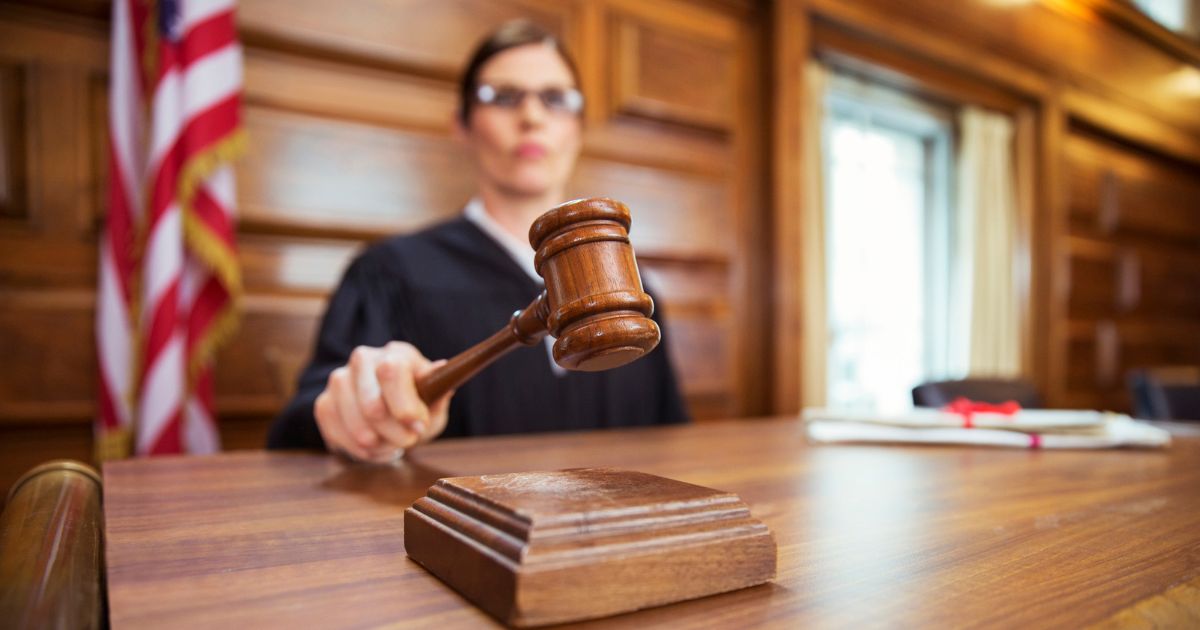Adult vs. Juvenile Justice Systems: What Are the Major Differences?

Correctional systems for adults and juveniles are designed differently. While the U.S. Constitution grants criminal defendants certain rights regardless of age, juvenile offenders are often treated differently throughout the criminal justice process. If you or your child are facing criminal charges, it’s important to familiarize yourself with the differences between the adult and juvenile systems. Here’s an overview of the differences between the two systems to help you understand your legal rights.
Purpose of the System
The primary difference between the adult and juvenile systems is the purpose. The adult criminal justice system is designed to punish offenders for breaking the law. It’s meant to be a deterrent for future criminal activity.
On the other hand, the juvenile system is designed to rehabilitate young offenders and protect them from harm. Juvenile defense attorneys are trained to understand the unique needs of juvenile offenders and strive to find solutions that will protect a minor’s best interests.
Sentence Lengths
Adults convicted of a crime are usually sentenced to jail or prison, depending on the severity of the offense. The length of an adult sentence can range from mere months to life in prison.
In comparison, juvenile sentences are usually much shorter than adult sentences, focusing on rehabilitation rather than punishment. A juvenile defense attorney can ensure that the court treats a minor fairly and help seek alternative solutions, such as probation or community service.
Involuntary Commitment to Juvenile Facilities
One of the major differences between the adult and juvenile systems is the involuntary commitment of minors to juvenile facilities. For adults, voluntary or involuntary commitment is only used for those with mental health disorders who cannot safely remain in the community.
For juveniles, involuntary commitment is often used when there’s a risk that an offender may commit another crime if left in the community. Juveniles can be committed to juvenile detention centers for a while, usually several months or less, as determined by a judge. Most juvenile defense attorneys will work to ensure that a minor is released as soon as it’s safe and appropriate.
Cause of Action
In the adult criminal justice system, a prosecutor must prove that a defendant is guilty beyond a reasonable doubt. They must also prove that the offense was committed with criminal intent.
In the juvenile system, a prosecutor must not show criminal intent; they must only prove that a juvenile committed the offense. This is often referred to as “causing or allowing” an act, and it’s why a juvenile defense attorney is so important when dealing with the justice system.
Suppose you’re looking for a criminal attorney in Palm Beach to represent you or your child. In that case, it’s important to find an experienced criminal attorney in Palm Beach with the juvenile and adult justice system who can provide you with the best possible representation. A qualified defense attorney company like the Law Office of Patrick R. McKamey, P.A. will know your rights and work hard to protect them. Contact the Law Office of Patrick R. McKamey, P.A. today if you need help navigating the juvenile system.

